There is only one question: how to love this world
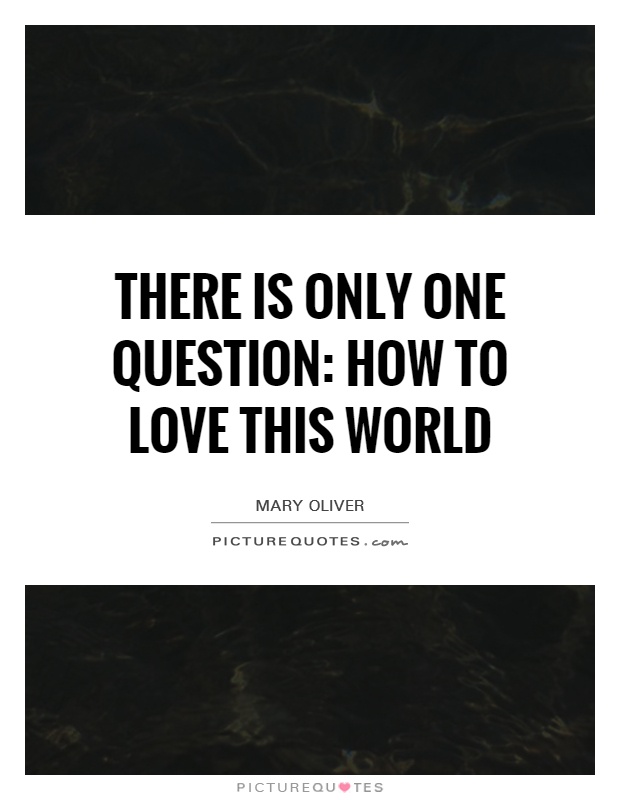
There is only one question: how to love this world
Mary Oliver, the beloved poet and Pulitzer Prize winner, often explored themes of nature, love, and the interconnectedness of all living beings in her work. In her poem "Messenger," she writes, "My work is loving the world." This sentiment encapsulates Oliver's philosophy that the key to living a fulfilling life is to love and appreciate the world around us.Oliver's poetry is filled with vivid descriptions of the natural world, from the smallest blade of grass to the vast expanse of the ocean. She finds beauty and wonder in the everyday moments that many of us take for granted. In her poem "Wild Geese," she writes, "You do not have to be good. You do not have to walk on your knees for a hundred miles through the desert, repenting. You only have to let the soft animal of your body love what it loves." This message of self-acceptance and embracing the simple joys of life is a recurring theme in Oliver's work.
For Oliver, the act of loving the world is not just about appreciating its beauty, but also about recognizing our place within it. In her poem "The Summer Day," she asks, "Tell me, what is it you plan to do with your one wild and precious life?" This question serves as a reminder to live with intention and purpose, to make the most of our time on this earth.
In a world that can often feel chaotic and overwhelming, Oliver's poetry offers a sense of solace and connection. She reminds us that we are all part of a larger tapestry of life, and that our actions have the power to shape the world around us. By learning to love and appreciate the world in all its complexity, we can find a sense of peace and fulfillment that transcends the challenges we may face.
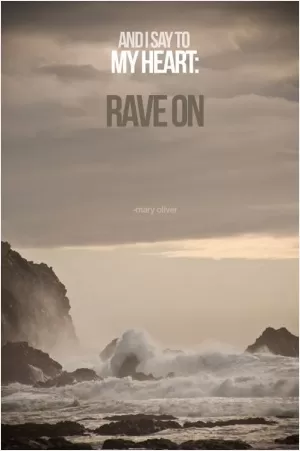

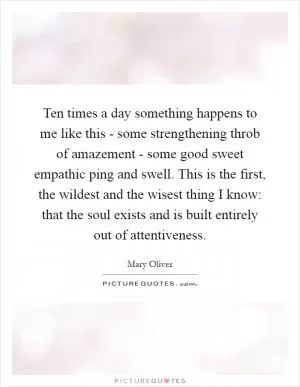
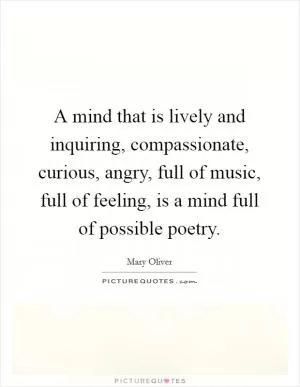



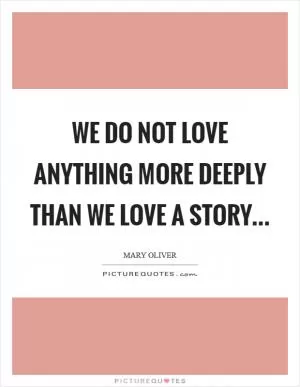

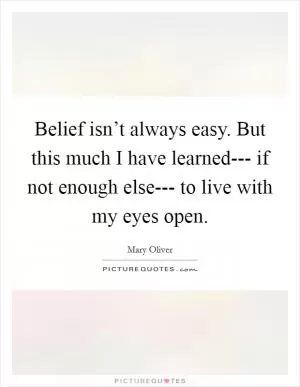
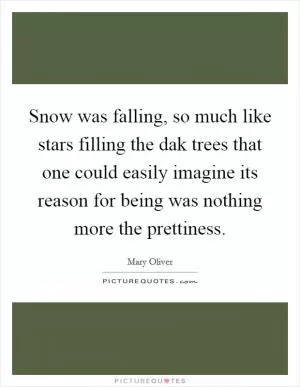

 Friendship Quotes
Friendship Quotes Love Quotes
Love Quotes Life Quotes
Life Quotes Funny Quotes
Funny Quotes Motivational Quotes
Motivational Quotes Inspirational Quotes
Inspirational Quotes